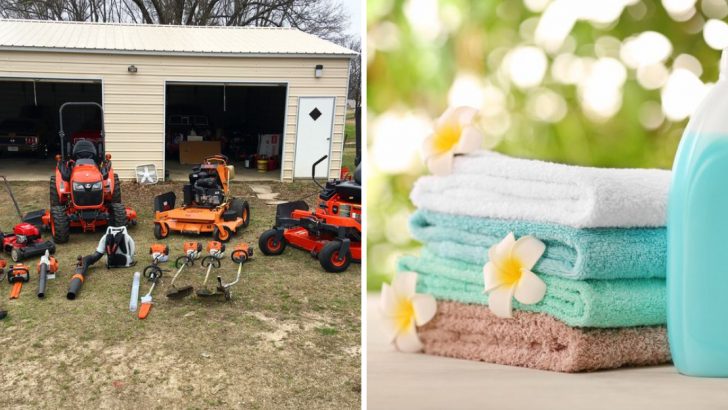In today’s fast-paced world, consumer habits are ever-changing, and millennials are at the forefront of this shift. Unlike previous generations, millennials are making conscious choices that reflect their values, especially when it comes to shopping. As a generation that grew up amidst rapid technological advancement and economic turbulence, they prioritize convenience, sustainability, and innovation over tradition.
This shift in purchasing behavior is leaving a significant impact on various industries, particularly those that have failed to adapt to the new consumer landscape. Let’s dive into 12 products that are becoming relics of the past as millennials choose to spend their dollars elsewhere.
1. Cable TV Subscriptions
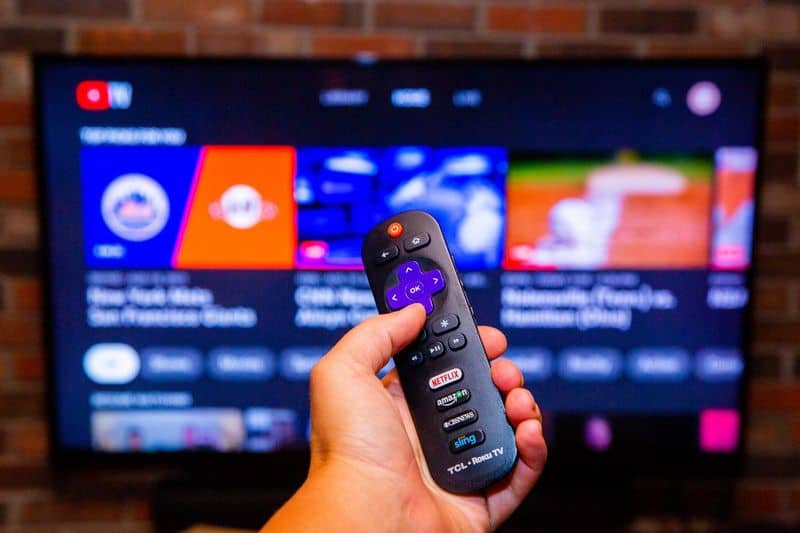
Cable TV used to be a staple in every household, offering a wide array of channels for all tastes. However, with the advent of streaming services like Netflix and Hulu, millennials are cutting the cord. These platforms offer greater flexibility and no commercials, which appeals to the tech-savvy generation. As a result, cable companies are experiencing a decline in subscribers. The convenience of watching what you want, when you want, without being tied to a schedule, is alluring. More millennials are opting for streaming, leaving cable TV companies grappling with this change in viewership trends.
2. Landline Telephones
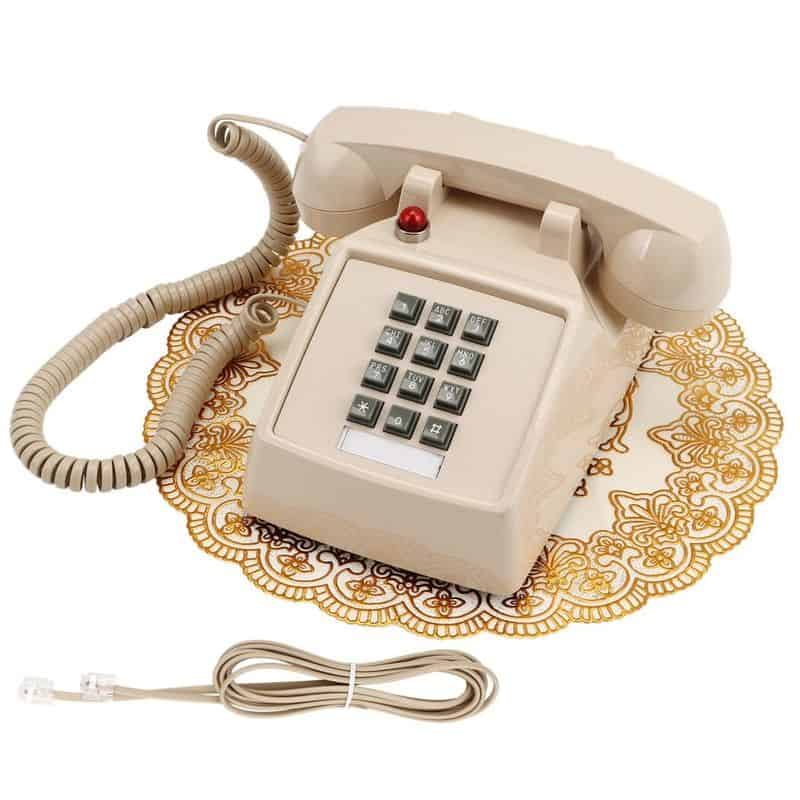
Once essential for communication, landline telephones are now becoming obsolete. Millennials, who grew up with cell phones, see little use for landlines. Mobile phones offer portability and multi-functionality, which landlines can’t match. The decline in landline usage is significant, impacting telecom companies. Landlines are seen as redundant, especially with the rise of smartphones and internet-based communication apps. This transition reflects millennials’ preference for technology that adapts to their dynamic lifestyle. As digital natives, they embrace the versatility of mobile devices, leaving traditional landlines behind in a rapidly evolving tech landscape.
3. Traditional Watches
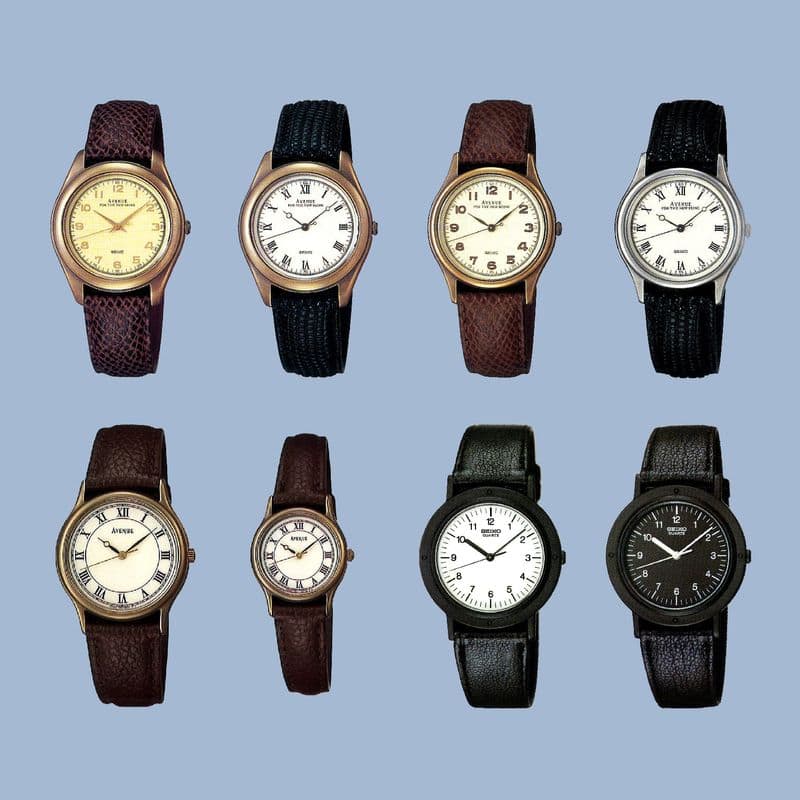
Traditional watches are finding fewer wrists to adorn as millennials prefer smartwatches or their smartphones to tell time. While classic watches symbolize elegance, the practicality of smartwatches can’t be ignored. They offer fitness tracking, notifications, and more, aligning with the busy lifestyle of millennials. Watchmakers face challenges as this trend grows. The appeal of having multiple functionalities on the wrist attracts millennials, who value innovation over tradition. This shift is reshaping the watch industry, forcing it to rethink how to capture the attention of a tech-centric generation, focused on smart, integrated solutions.
4. Department Store Shopping
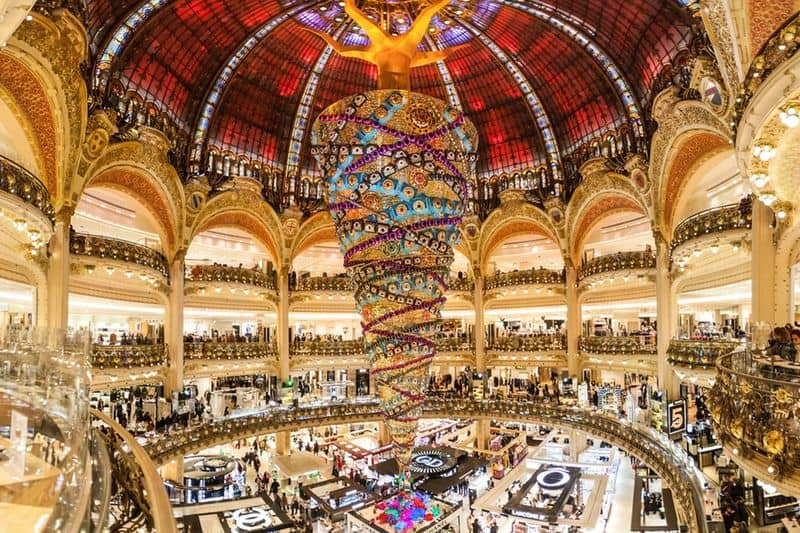
Millennials are steering away from department store shopping, favoring the convenience of online retail. E-commerce platforms like Amazon offer a vast selection, competitive prices, and the comfort of shopping from home. This shift is causing a decline in foot traffic at traditional department stores. The allure of 24/7 shopping and quick home delivery is hard to resist. Retailers are struggling to adapt as millennials prioritize efficiency and variety. Physical stores must reinvent themselves to attract this digital-savvy generation, who value time-saving solutions and personalized shopping experiences over traditional retail methods.
5. Paper Napkins
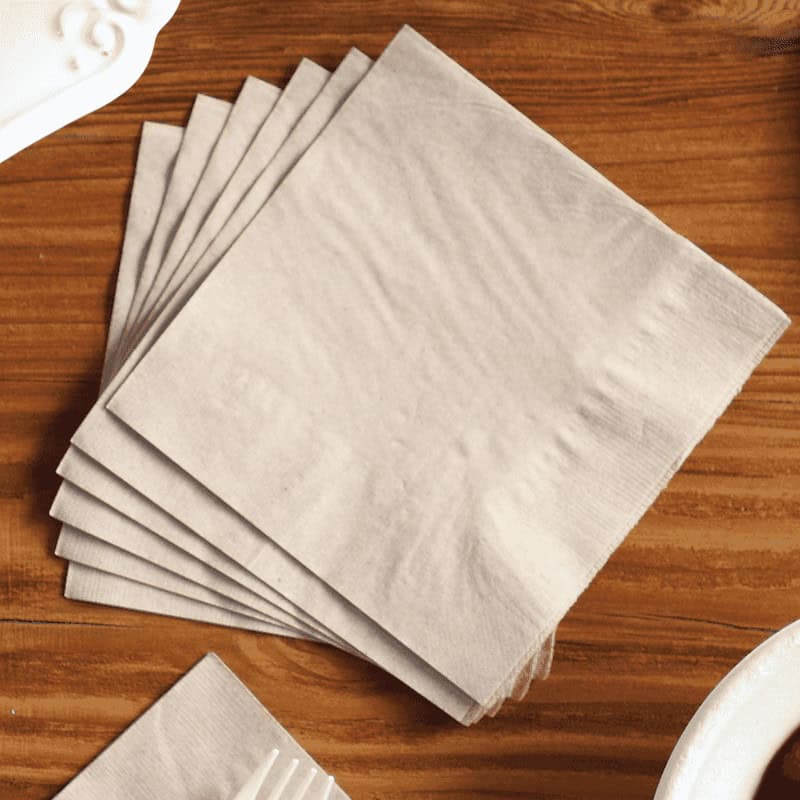
Paper napkins are seeing a decline in use as millennials embrace sustainability. Cloth napkins are reusable and eco-friendly, fitting the values of environmentally-conscious consumers. This shift is affecting paper product manufacturers. Millennials are increasingly adopting sustainable practices, reducing waste in everyday life. The preference for reusable items indicates a broader trend towards responsible consumption. As a generation aware of environmental issues, they seek alternatives that minimize their carbon footprint. This change is pushing industries to innovate and offer greener choices, aligning with the values of a generation committed to preserving the planet.
6. Canned Foods
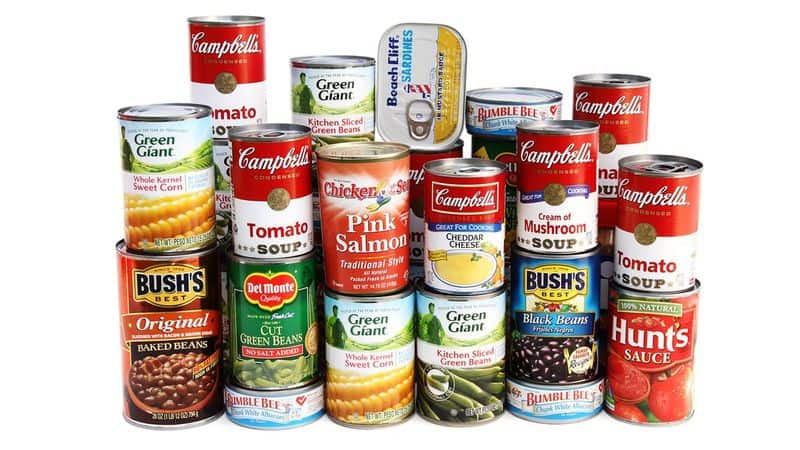
Canned foods, once a pantry staple, are losing their appeal as millennials opt for fresh and organic options. Health-conscious and quality-driven, they prefer ingredients without preservatives. This has caused a shift in the food industry, with companies adapting to meet changing demands. Millennials’ preference for farm-to-table experiences reflects their desire for authenticity in food. Canned goods, seen as convenient but less nutritious, are now less favored. This trend showcases the move towards healthier lifestyles, with millennials setting new standards for what they consider acceptable in their quest for wellness and authenticity.
7. Physical Maps
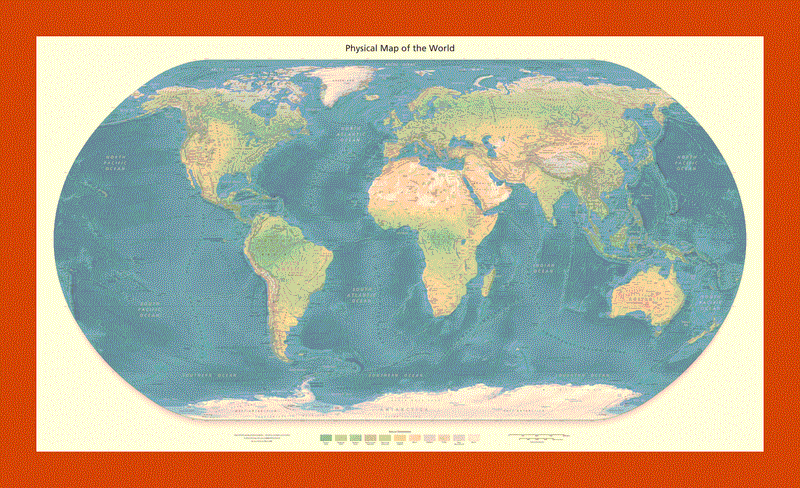
Physical maps, once essential for navigation, are now largely obsolete. Millennials rely on GPS apps, which offer real-time updates and greater convenience. The decline in physical map usage reflects the digital shift. Millennials prefer technology that offers ease and accuracy. Apps like Google Maps have revolutionized how people navigate, making traditional maps a rarity. This trend illustrates the adaptability of millennials, who integrate digital tools seamlessly into their lives. The transition highlights the growing reliance on smart technology, which provides efficient solutions that align with their fast-paced, connected lifestyles.
8. Fabric Softeners
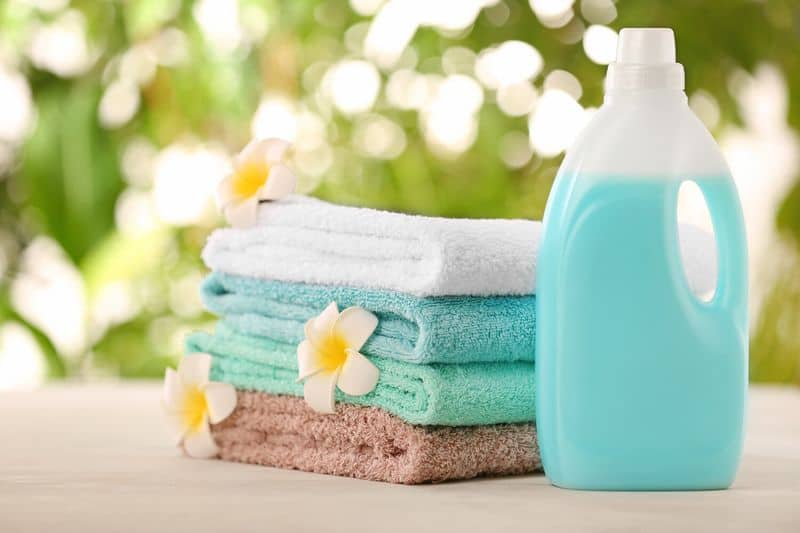
Fabric softeners are losing favor as millennials prioritize eco-friendly laundry solutions. Concerns about chemicals and environmental impact drive this change. Millennials prefer natural alternatives, impacting the fabric softener market. They are choosing detergents that are gentle on the planet and their skin. This shift underscores a broader trend towards sustainable living. As a generation conscious of their ecological footprint, millennials are redefining norms. Their choices reflect a commitment to green practices, pushing industries to innovate. The decline of fabric softeners highlights a move towards cleaner, more responsible consumerism in daily routines.
9. DVDs and Blu-rays
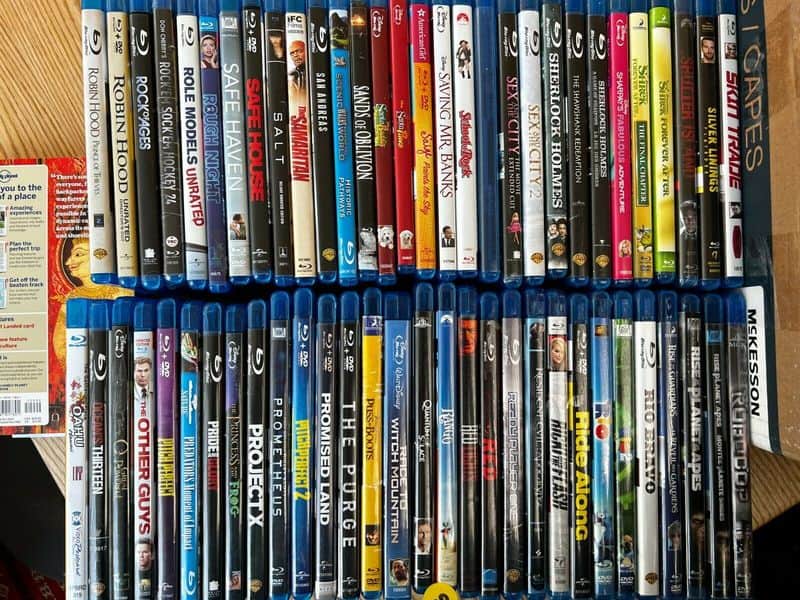
Once the pinnacle of home entertainment, DVDs and Blu-rays are now gathering dust. Millennials prefer streaming services, which offer instant access without physical storage. This shift impacts the disc industry, facing declining sales. Convenience and space-saving appeal to millennials. Streaming platforms provide diverse content, aligning with their on-the-go lifestyle. The decline of physical media reflects the broader digitalization trend. As digital natives, millennials embrace technologies that fit their dynamic lives. The preference for streaming showcases the evolution of media consumption, highlighting a move towards seamless, integrated digital experiences.
10. Motorcycles

Motorcycles, once a symbol of freedom and adventure, are seeing dwindling interest among millennials. With a focus on eco-friendly and practical transportation, electric scooters and bikes are in vogue. This shift is affecting the motorcycle industry, facing challenges as demand decreases. Millennials prioritize sustainability, favoring options that are economical and environmentally friendly. The decline in motorcycle popularity reflects changing values and lifestyles. As urban living rises, compact and green transportation becomes more appealing. The trend signifies a shift towards more responsible choices, aligning with a generation that values practicality and environmental consciousness.
11. Bar Soap
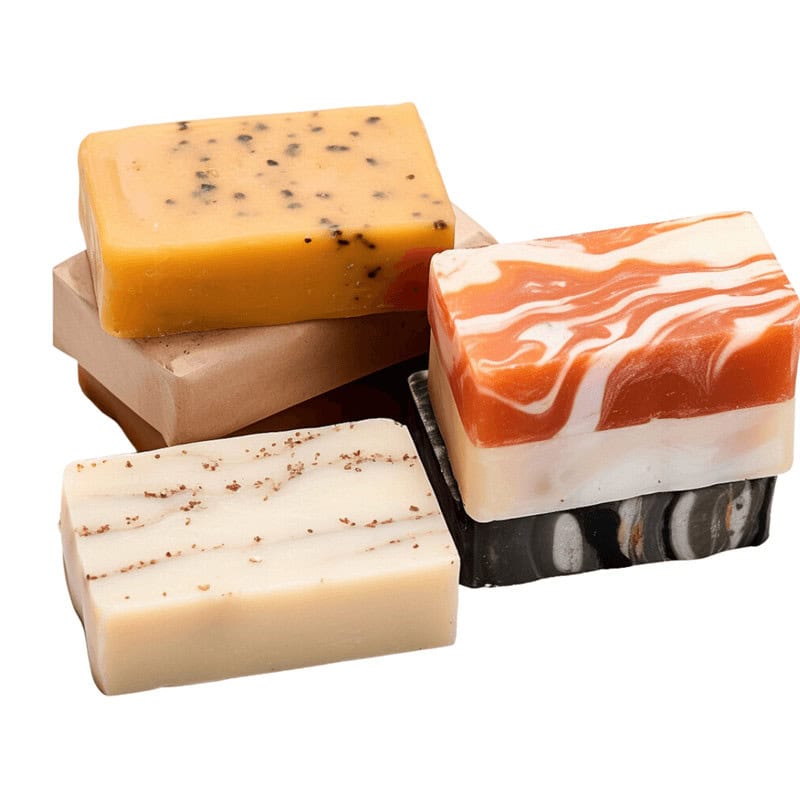
Bar soap is becoming less popular as millennials prefer liquid soap and body wash. Convenience and hygiene play a role in this transition. Liquid options offer easier use and less mess. This change influences the soap industry, prompting a shift in production. Millennials’ preference for liquid soap aligns with their fast-paced lifestyle. Hygiene concerns also drive the move, as liquid soaps are perceived as more sanitary. The decline of bar soap reflects the evolving needs of a generation seeking simplicity and efficiency in daily routines. This trend highlights the impact of changing preferences on traditional products.
12. Lawn Equipment

Lawn equipment sales are declining as millennials opt for low-maintenance outdoor spaces. Busy lifestyles and environmental concerns drive this trend. Millennials prefer gardens that require minimal upkeep, using sustainable landscaping practices. This shift impacts the lawn care industry, facing reduced demand. The preference for eco-friendly solutions reflects a broader commitment to sustainability. Millennials’ choices signify a move towards efficient, responsible living. As they prioritize time and resource conservation, traditional lawn equipment becomes less relevant. This trend highlights the intersection of lifestyle changes and environmental values shaping consumer habits.
13. Fine China Dinnerware

Once a wedding registry must-have, fine china is no longer a priority for millennials. The idea of owning delicate, special-occasion-only dishes feels outdated to a generation that values functionality and minimalism. Millennials are opting for durable, everyday dishware that can go from microwave to dishwasher with ease. As formal dining becomes less common, so does the demand for ornate table settings. This shift affects manufacturers of traditional fine china, as millennials invest in versatile, modern pieces that fit their casual lifestyles. The decline of heirloom-style dinnerware reflects changing attitudes toward entertaining and ownership.
14. Business Suits

Millennials are redefining workplace attire, and business suits are falling out of favor. With the rise of remote work and flexible office cultures, formalwear is often replaced by smart-casual or even athleisure. Comfort and authenticity are key, and the stiff formality of suits doesn’t always align with modern professional environments. This shift has impacted traditional menswear retailers, who are adjusting to meet new style demands. Millennials want clothing that transitions effortlessly between roles and settings. The decline of the business suit illustrates how workwear is evolving to match the values of a more relaxed, adaptive workforce.

Well, hello there!
My name is Jennifer. Besides being an orthodontist, I am a mother to 3 playful boys. In this motherhood journey, I can say I will never know everything. That’s why I always strive to read a lot, and that’s why I started writing about all the smithereens I came across so that you can have everything in one place! Enjoy and stay positive; you’ve got this!

